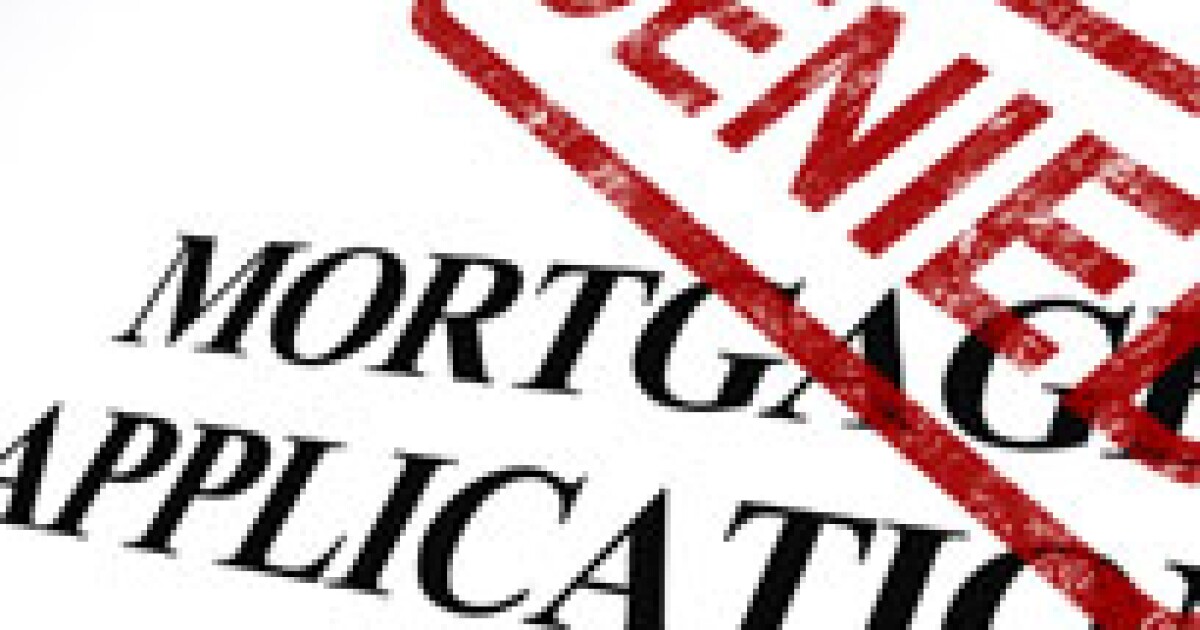
Black Americans have long faced an uphill struggle to homeownership, and new data suggests that those problems aren't going away anytime soon.
Black homebuyers are 1.7 times more likely to be denied a mortgage than other races, according to
The disparity is part of a larger issue of racial gaps in homeownership. In 2023, 65.2% of Americans owned their home. But for Blacks, that number was only 44.7%. While ownership rates for all groups have grown over the past decade, the report noted that the gap between Blacks and whites has grown, too.
This has ramifications not just for where people live but for their overall financial stability and ability to build wealth, both over a lifetime and across generations.
"Homeownership isn't cheap, and there are ongoing costs; however, the equity that you can build over the years can be incredibly helpful," said Matt Schulz, chief consumer finance analyst at Lendingtree, in the report. "Not only can it provide you funding when you're in a financial pinch, but it can also be used in working toward other financial goals."
The issues Black Americans face here are not new. Blacks also face
The main reason for the denial disparities, according to Lendingtree, is credit scores. Black Americans had a median VantageScore of 639 compared to 730 for white applicants, the report found, and Blacks are more likely to have little or no credit history at all. Not only does this make them more likely to be turned down when applying for a mortgage, but it can mean the mortgages they do get come with higher interest rates.
"There's very little in life that is more expensive than crummy credit," Schulz said. "It can cost you tens of thousands of dollars or more over the course of your life in the form of higher interest rates and more fees. It can even keep you from getting a loan altogether."
Discrepancies vary nationwide
Black Americans face problems getting mortgages across the country, but the issue is worse in some places than others.
The report found that Detroit and Grand Rapids, Mich., had some of the biggest discrepancies in denials between Black applicants and those of other races. In Grand Rapids, 23.9% of Black borrowers were denied mortgages compared to 14.15% of people of other races. In Detroit, the denial rate for Blacks was 21.25% versus 12.71% for everyone else.
The report pointed to a number of possible causes for this, including the cities' respective histories of redlining, income disparities, and rising home prices that have priced out lower-income residents in both places.
In contrast, metros in Texas and the West saw some of the smallest denial gaps between Blacks and other races. In Salt Lake City, for instance, the gap was just 0.24 percentage points at 8.94% for Black applicants compared to 8.70% overall.
What can Black borrowers do?
The report suggested a few steps Black homebuyers can take to increase their chances of getting approved.
First, applicants should build up their credit over time. Schulz describes it as a "marathon rather than a sprint", with things like paying debts on time and paying down balances faster as two ways everyone can improve their credit score. People should also check their credit reports to make sure everything is accurate.
Homebuyers should also search around for different lenders and mortgage types to try to find what's best for them. Comparison shopping and knowing what your options are can be important in trying to find the best deal and best set yourself up for success.
"Different lenders can make very different offers, including loan amounts, rates, fees and more, but you won't know unless you take the time to comparison shop," Schulz said.



